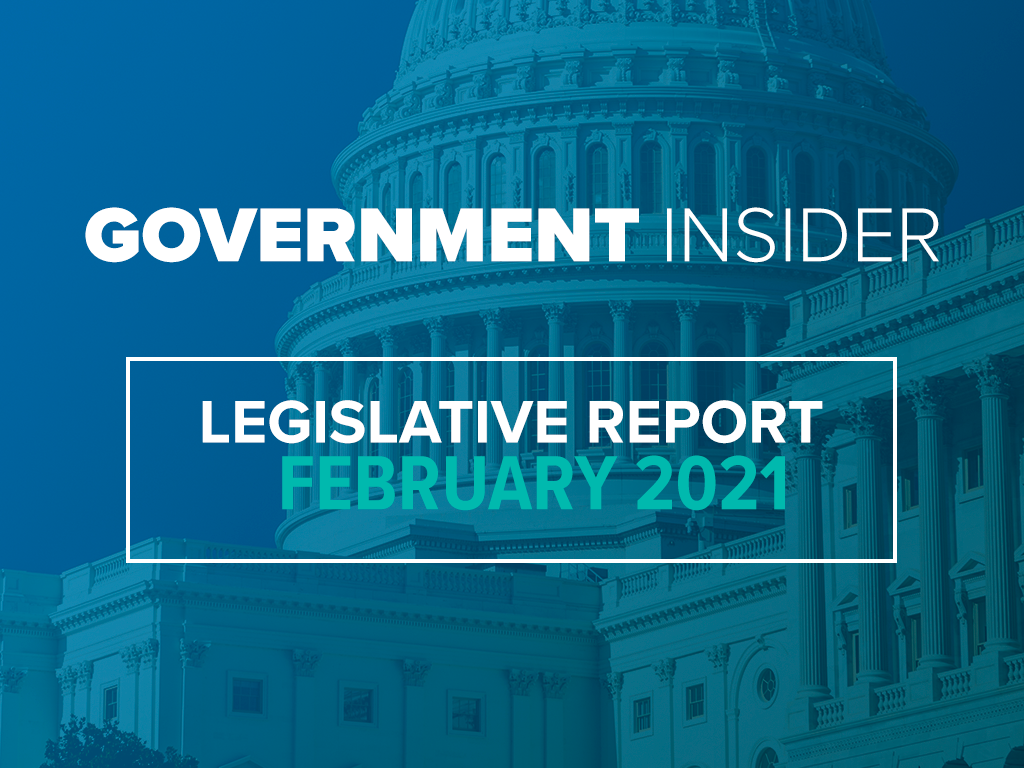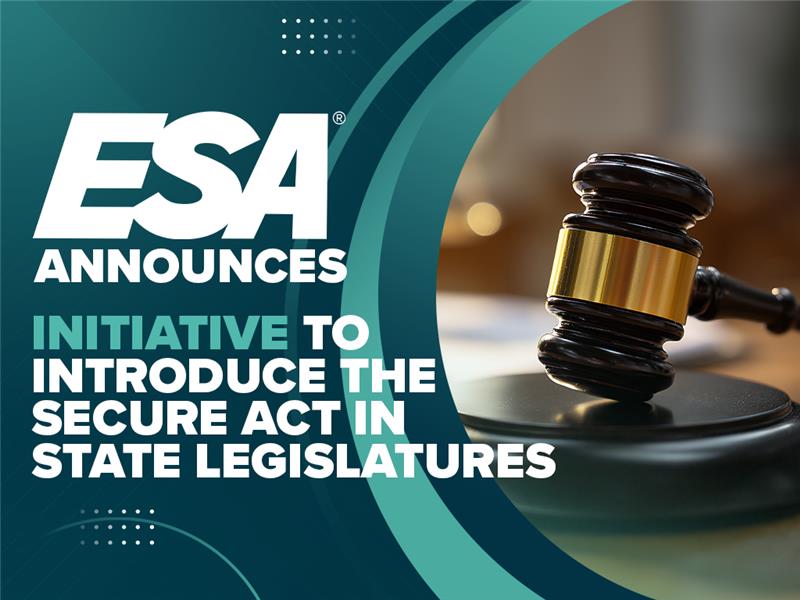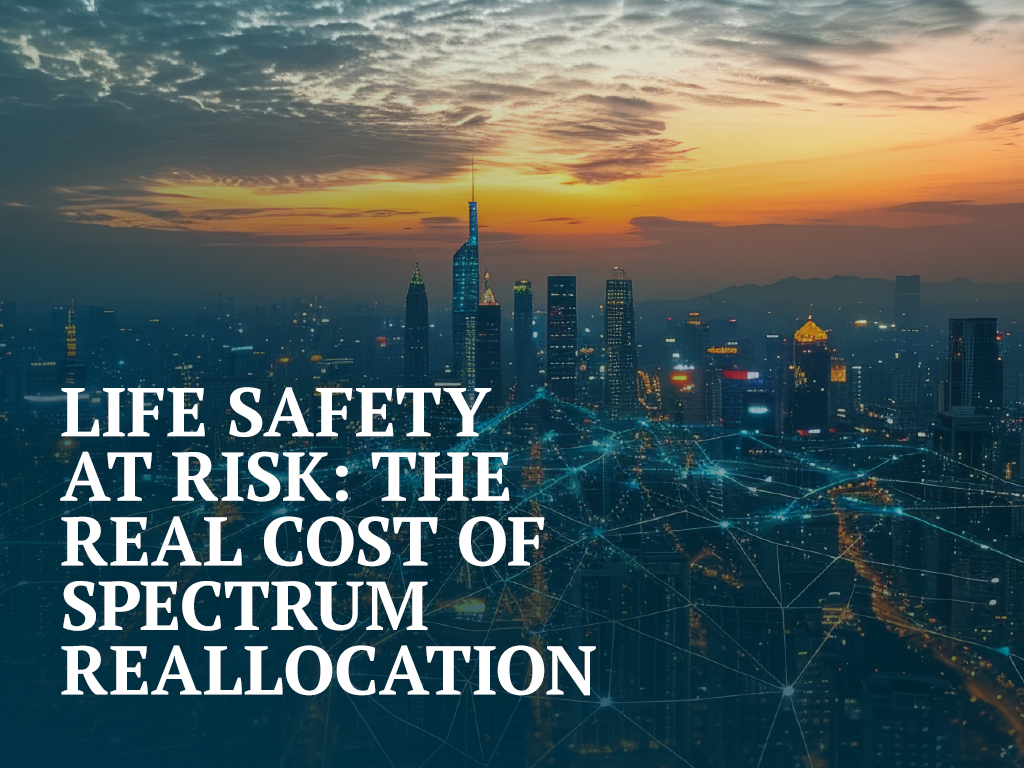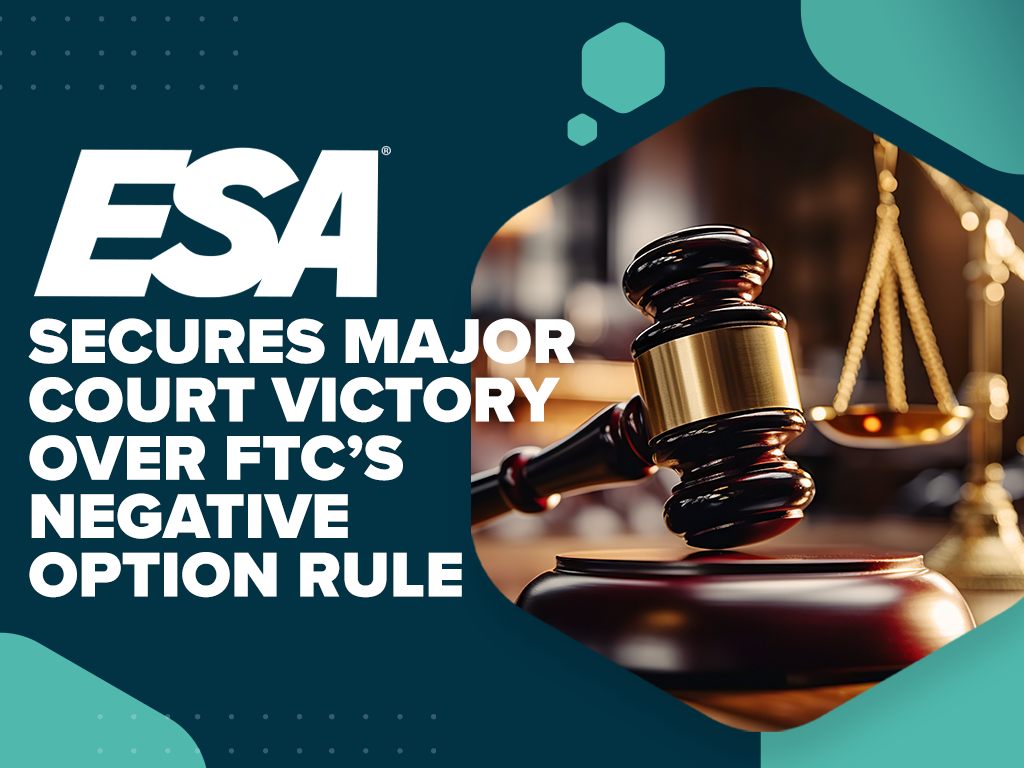Legislative Summary – February 2021

Here are highlights of legislative activity that could impact the electronic security and life safety industry.
Federal Legislative Summary – February 2021
The old saying “elections have consequences” is never more accurate than this year as we look at the monumental legislation being churned out by Congress in early 2021.
Titled the “American Rescue Plan Act of 2021”, H.R. 1319 is a $1.9 Trillion package ostensibly designed to address the ongoing COVID pandemic, but in true Washington, D.C. fashion it contains many items unrelated to COVID that reflect the goals of the current majority party. Some of the major provisions as provided by the Congressional Research Service include:
- COVID-19 vaccinations, testing, treatment, and prevention;
- emergency rental assistance, homeowner assistance, and other housing programs;
- payments to state, local, tribal, and territorial governments for economic relief;
- multiemployer pension plans;
- small business assistance, including specific programs for restaurants and live venues; and
- programs for health care workers, transportation workers, federal employees, veterans, and other targeted populations.
Download the Members-Only Federal Legislative Report
State Legislative Summary – February 2021
Almost every state had legislation introduced or move in February. Mississippi and Illinois lead the states with bills we tagged for monitoring with 25 and 26 respectively.
One of the more interesting trends outside of COVID related legislation is the volume of bills that impact labor issues. We saw bills on both ends of the spectrum, from repealing “right-to-work” (AZ SB 1580/HB 2191) to those that protect “right-to-work” (CO HB 21-1049). We are also seeing bills that impact occupational licensing around the country, some specific to the electronic security and life safety industry.
We are actively engaged with a coalition of low-voltage industry stakeholders to amend an important electrical licensing bill in Maryland (SB 762/HB 1262). This bill creates a statewide licensing framework for electricians that would preempt local licensing requirements, which all parties agree is in the best interest of the electrical trade. What is a matter of great contention and has been for the last 10 years that this legislation has been considered, is how low-voltage (limited energy integration) should be defined and licensed, if at all, by the electrical licensing statute. While basic alarm and wireless technology are specifically exempted and licensed elsewhere in Maryland law, there are many aspects of electronic security and life safety in residential and commercial projects that would fall within electrical licensing requirements unless the proper exemption language is included in this bill. The Senate and House bills will have their initial hearings in early March, and we have proposed amendments in written testimony that will properly exempt all forms of limited energy installation, testing, maintenance, or repair that could impact our industry. We will fight for this exemption language and oppose attempts to include our industry in any electrical licensing framework.




